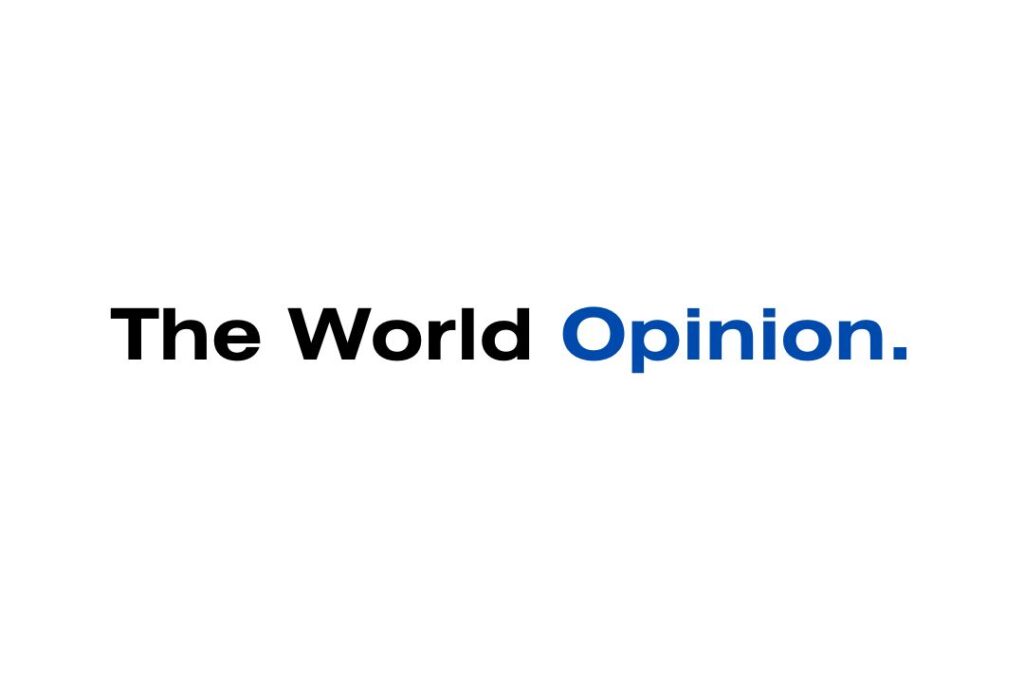The Inner Income Provider headquarters in Washington, D.C.
Andrew Harrer | Bloomberg | Getty Pictures
The wealthiest American citizens are getting their taxes audited at a some distance decrease charge than they had been over a decade in the past, due largely to group of workers and investment shortages on the Inner Income Provider, in line with a brand new record.
The audit charge for American citizens incomes greater than $5 million a yr plunged to simply over 2% in 2019 from over 16% in 2010, in line with a record from the Govt Duty Workplace, a federal watchdog. That implies most effective about 1 in 50 prime earners had been audited in 2019, when compared with about 1 in 6 in 2010.
The decline in audits, particularly a few of the rich, has transform a heated political factor in Washington. The record estimated that taxpayers underreported their source of revenue tax by way of a mixed $245 billion a yr between 2011 and 2013, and stated that “taxpayers are much more likely to voluntarily conform to the tax rules in the event that they consider their go back is also audited.”
The primary reason why for the decline, in line with the record, is a loss of IRS investment. In fiscal yr 2021, the company’s funds was once $11.9 billion — $200 million not up to its 2010 funds.
The IRS additionally has noticed its staffing ranges fall to the similar ranges as 1973, in spite of having tens of millions extra returns to procedure and extra mandates to accomplish. In March, the IRS stated it deliberate to rent 10,000 employees to take on a backlog of 20 million unprocessed tax returns.
President Joe Biden and Democrats in Congress have proposed making an investment $80 billion in new generation and extra auditors on the IRS to extend tax collections by way of $700 billion over 10 years. Republicans say the company hasn’t supplied ok evidence of the dimensions of the “tax hole” — or quantity of uncollected taxes — and has been vulnerable to information leaks and inefficiency.
The decline in investment and auditors signifies that taxpayers, and particularly the highest earners, are some distance much less prone to get stuck underpaying their taxes than a decade in the past. Total audit charges for American taxpayers fell to 0.2% in 2019 from 0.9% in 2010.
The rich are nonetheless audited at a better charge than the overall taxpayer inhabitants. But their audit charges have declined at a miles upper charge. The audit charge for taxpayers incomes between $5 million and $10 million fell to at least one.4% from 13.5%.
The ones incomes greater than $10 million noticed their audit charge fall to a few.9% in 2019 from 21.2% in 2010, whilst audit charges for $10 million-plus earners ticked up relatively for the 2017 and 2018 tax years because of a Treasury Division mandate to impose audit charges of a minimum of 8% on the ones making $10 million or extra.
“That is but extra proof of the results of twenty years of IRS funds cuts,” stated Howard Gleckman, senior fellow within the City-Brookings Tax Coverage Middle on the City Institute. He added that given the staffing shortages and IRS backlogs all through the pandemic, “I think 2020 was once some distance worse.”




